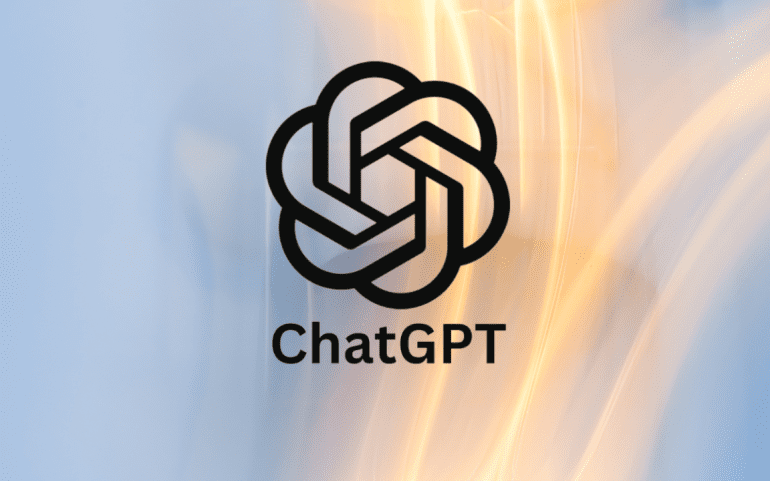- Recent study suggests ChatGPT, a large language model chatbot, leans towards left-wing political views.
- Conducted by researchers from Britain and Brazil, the study reveals ChatGPT’s alignment with Democratic positions in the US.
- Findings indicate similar biases towards figures like Lula in Brazil and the Labor Party in the UK.
- Study emphasizes the need for further investigation into the sources of bias within AI systems.
- Beyond political biases, concerns also encompass privacy risks and educational implications associated with AI tools.
Main AI News:
A recent study conducted by computer and information science researchers from Britain and Brazil suggests that ChatGPT, a prominent large language model (LLM)-based chatbot, may exhibit a notable political bias towards the left side of the political spectrum. Published in the journal Public Choice on August 17, the study sheds light on concerns regarding the objectivity of ChatGPT, particularly in discussions surrounding political matters.
According to analysts Fabio Motoki, Valdemar Pinho Neto, and Victor Rodrigues, who spearheaded the research, there is “strong evidence” indicating ChatGPT’s inclination towards the political left. This discovery raises questions about the potential impact of such biases on users’ perceptions of political discourse and information consumption.
The study employed an empirical approach, utilizing questionnaires administered to ChatGPT to gauge its responses to political inquiries. Notably, the researchers tasked ChatGPT with answering questions from the Political Compass test, a tool designed to assess individuals’ political orientations. Through this method, they were able to assess ChatGPT’s alignment with specific political ideologies, revealing a tendency towards Democratic positions in the United States.
Moreover, the study suggests that ChatGPT’s political bias extends beyond the US context, with similar inclinations observed towards figures such as Lula in Brazil and the Labor Party in the United Kingdom. This broader scope underscores the significance of addressing potential biases in AI-driven platforms across diverse socio-political landscapes.
While the exact origins of ChatGPT’s political bias remain elusive, the researchers speculate that both the training data and the algorithm itself may contribute to shaping its outputs. This highlights the importance of further investigation into the sources of bias within AI systems, as well as the development of strategies to mitigate their influence.
Beyond political biases, concerns surrounding artificial intelligence tools like ChatGPT encompass a range of issues, including privacy risks and educational implications. As these tools continue to permeate various facets of society, stakeholders must remain vigilant in addressing the ethical and societal implications of their deployment.
In light of these findings, policymakers, media professionals, and academics are urged to consider the potential ramifications of relying on AI-driven technologies for information dissemination and decision-making processes. By fostering transparency and accountability in AI development and deployment, society can work towards harnessing the benefits of these innovations while mitigating their associated risks.
Conclusion:
The revelation of political bias in ChatGPT underscores the importance of transparency and accountability in AI development. Market stakeholders must navigate the ethical implications of biased AI technologies, addressing concerns surrounding information dissemination and decision-making processes. Proactive measures to mitigate biases and promote fairness are essential to foster trust and reliability in AI-driven solutions.

